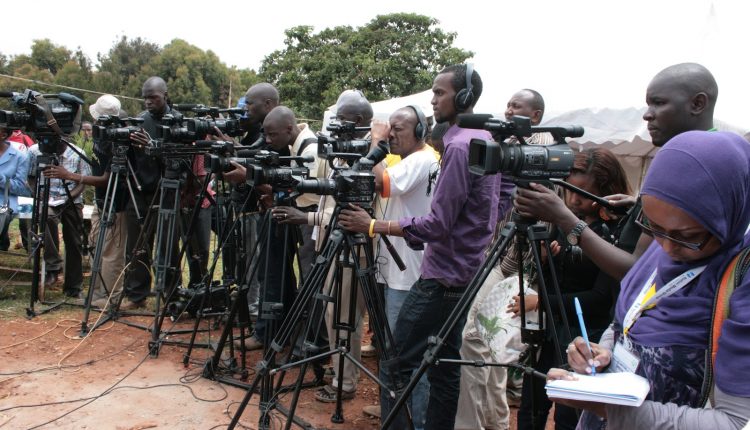News and Nation-Building: Why Nigerian Media Must Inspire a Mindset of Greatness
Millions of Nigerians awaken each morning to the beat of the news headlines. They reach for newspapers, browse through timelines on their phones, or tune in to broadcasts. They frequently come across narratives that are meant to irritate rather than to empower, to shock rather than to mold. As a result, the populace is conditioned to hopelessness; they are informed yet uninspired, outraged but powerless. Have you ever puzzled why listening to the news for a long time causes your energy to spike and your mood to drop?
The news, I argue, must do more than evoke ephemeral feelings. The tales we are exposed to are not objective, as demonstrated by media psychology. They impact behavior, mold perception, and shape beliefs. The media contributes to the creation of reality rather than just reporting on it.
In his Cultivation Theory, communication theorist George Gerbner showed how extended exposure to certain media types shapes particular worldviews. In his seminal research, he identified a distortion he named the “mean world syndrome,” where viewers who consumed large amounts of violent content began to see the world as more hazardous than it actually was. Applying that to Nigeria today, we run the risk of creating what I refer to as “a failed nation syndrome,” a mentality in which people expect nothing positive, think nothing works, and see no incentive to try, if corruption, collapse, and instability dominate our media diet. You would concur with me that this syndrome already exists in Nigeria if you conduct a sentiment analysis of the comments made by Nigerians on social media.
Robert Entman’s Framing Theory, which emphasizes that audiences’ interpretations of events are influenced by the way they are presented—the perspectives emphasized, the context given, and the language and tone used—is equally illuminating.
When presented as an opportunity, a policy might encourage involvement, but when presented as a burden, it is met with disdain. Consider the recently unified tax legislation. What conversation topics have been framed by the main Nigerian media sources and social media commentators? Was the purpose of the framing to just criticize the government or to stimulate interest in the workings, implications, and potential of the new tax regime among Nigerians?
The Nigerian media portrays the country as unredeemable by highlighting dysfunction without moderation. On the other hand, it can portray Nigeria as a work in progress where citizens still have agency by emphasizing resilience, innovation, and reform alongside the difficulties.
I should point out right away that this is not a call to sanitize reality. Not at all. Truth is journalism’s primary responsibility. However, truth is more complex than just tragedy. Context is important. It’s important to maintain equilibrium. Direction is important.
Why not combine sobering unemployment statistics with compelling tales of entrepreneurs overcoming adversity or policy avenues worth discussing instead?
Why not highlight leadership and integrity role models that are worth imitating, rather than turning government coverage into a whirlpool of scandals? Hard facts can still be presented in the news, but in a way that encourages people to think rather than merely shudder.
The daily challenges of every type are already overwhelming the Nigerian psyche. It needs clarity from the news, not more anxiety, and practical understanding instead of hopeless despair. Every headline has the potential to either inspire resolve or drain energy. Every report offers Nigerians the chance to either become more cynical or develop positive agency.
We urgently need to reimagine our country. An important part of the process is played by the media. Journalists may help Nigerians recognize not just what is broken but also what can be fixed by choosing to frame stories appropriately and striking a balance between problem-exposure and solution-orientation. They can assist us in seeing that we are active agents who can influence our own fate rather than helpless observers.
The music of deterioration shouldn’t be the news. It ought to be the rhythm of waking.
The media and the millions of minds they shape will be crucial to Nigeria’s resurgence as a great nation.

